Dhaka, Feb 23 (V7N)-The proposed draft of the Renewable Energy Policy 2025 sets limited targets that fail to ensure the country’s energy security, according to some experts.
Instead, they argue that it will increase dependence on fossil fuels, enable businesses to maximize profits, and ultimately impose a greater financial burden on the public.
These concerns were raised at a press conference organized by the Coastal Livelihood and Environmental Action Network (CLEAN) on Sunday.
Hasan Mehedi, chief executive of CLEAN, delivered the keynote speech, highlighting key shortcomings in the proposed policy.
He pointed out that while the government took four years to draft the policy, it allowed only 21 days for civil society organizations (CSOs) and experts to provide feedback—without any prior participation from these groups.
“The policy sets ambitious renewable energy targets—6,145MW (20%) by 2030 and 17,470MW (30%) by 2041—but lacks a clear roadmap for decarbonization,” Mehedi said.
He added: “It also fails to include a green taxonomy, which could lead to greenwashing. Moreover, there is no coordination plan among ministries, no implementation strategy, and no financing or investment framework. While companies implementing renewable energy projects are granted full income tax exemptions for 10 years and partial exemptions for five years, ordinary citizens receive no similar benefits or incentives.
"In contrast, many countries provide direct financial support of up to 30% for rooftop solar panel installations, yet the proposed policy offers no such provisions.”
Khondaker Golam Moazzem, research director at the Centre for Policy Dialogue (CPD), echoed these concerns, emphasizing the policy’s lack of comprehensiveness. “The urgent need is for a well-defined energy policy backed by a clear strategy and coordinated planning. The current draft creates an imbalance that will inevitably confuse long-term investors.”
He added: “While the fossil fuel policy remains highly structured and coherent, the renewable energy policies lack similar clarity. We must recognize that promoting renewable energy within an overarching fossil fuel-dependent economic framework is impractical.”
Moazzem also underscored the absence of a strong approach to foreign direct investment (FDI), which is critical in the current context. “Achieving our energy goals requires a mix of both FDI and domestic financing.”
“Additionally, Bangladesh must improve its power demand forecasting, independent of the Integrated Energy and Power Master Plan (IEPMP). Renewable energy projections should be based on precise, reliable data to ensure their effectiveness,” he added.
Bareesh Hasan Chowdhury, coordinator of Friends of the Earth Asia Pacific, noted that Bangladesh has yet to establish a net-zero target, unlike most other countries.
“The policy’s definitions are often vague and unclear. While it mentions reducing carbon emissions, it neither specifies a reduction target nor provides a timeline,” Bareesh Hasan said.
“Furthermore, the inclusion of a carbon market is irrelevant in this context. The policy also lacks a broader vision for the future energy transition. Without clear targets, it is like a rudderless boat—unlikely to deliver meaningful results.”
Shahriar Ahmed Chowdhury, director of the Center for Energy Research and a renewable energy expert, criticized the unrealistic nature of the policy’s renewable energy targets.
“Each year, we allocate nearly $4 billion in subsidies to the energy sector. What we need most is an enabling energy landscape supported by policies that facilitate the transition to renewable energy in Bangladesh,” he said.
He also pointed out inconsistencies across various government plans, including the IEPMP, MCPP, and the Roadmap. “The government must take the time to define a clear path forward, as the direction currently varies across multiple policies.”
Furthermore, he noted the policy’s heavy reliance on the Sustainable and Renewable Energy Development Authority (Sreda), which may lack the capacity to effectively implement the proposed actions.
“To ensure a focused and coordinated approach, there should either be a dedicated ministry for renewable energy or a specialized entity under the Ministry of Energy and Power. This would allow for better planning, oversight, and progress in the sector,” he concluded.
END/MSS/AJ



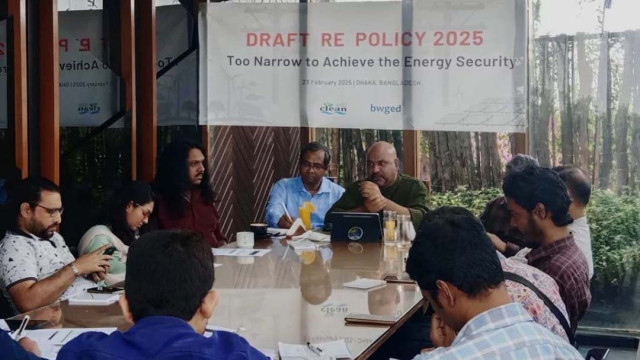
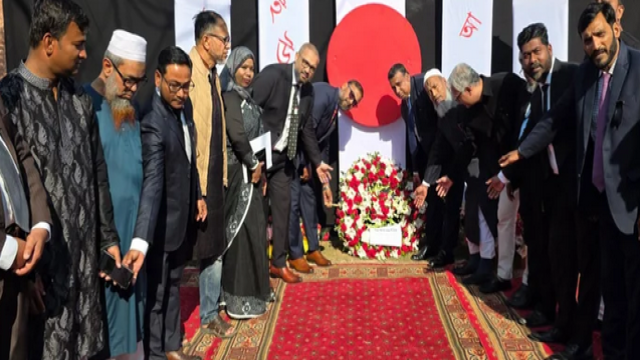





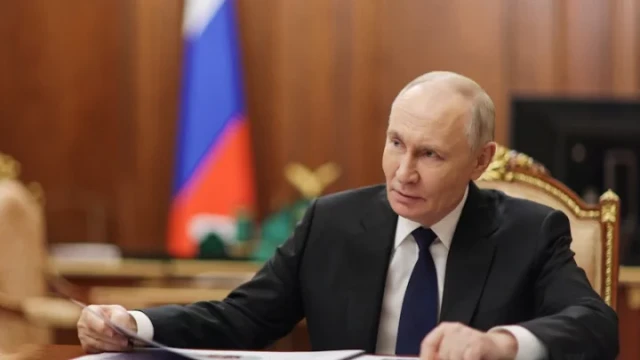
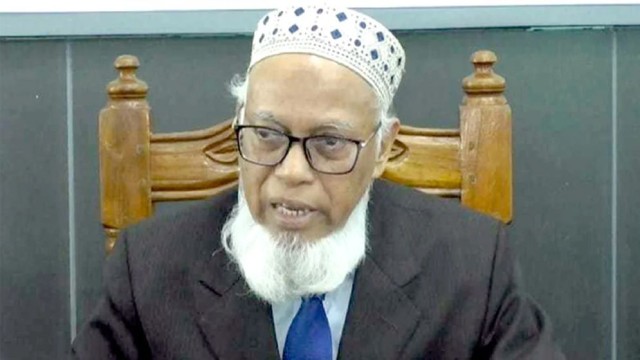

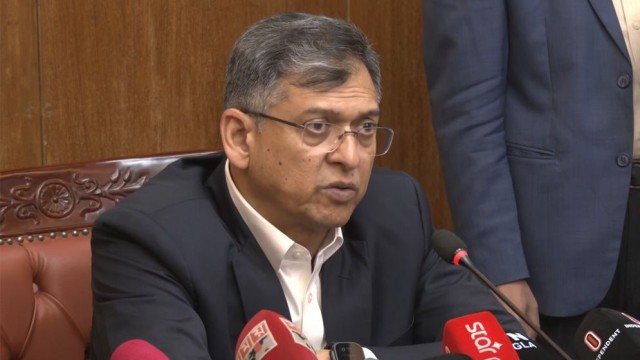
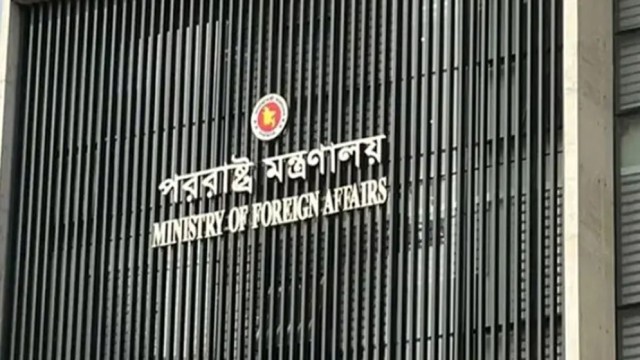
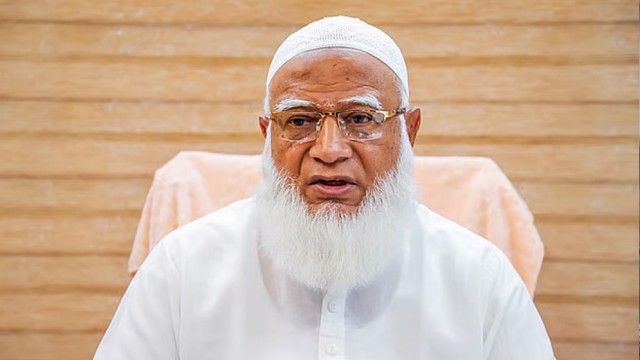

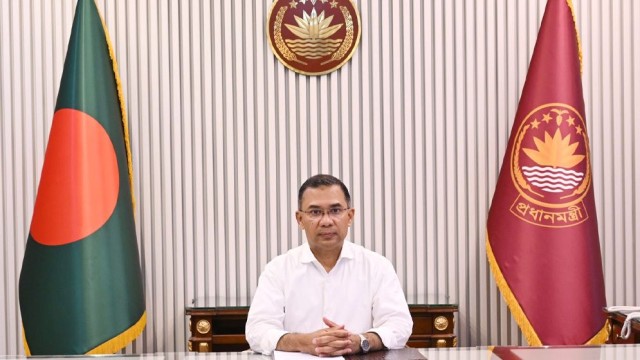
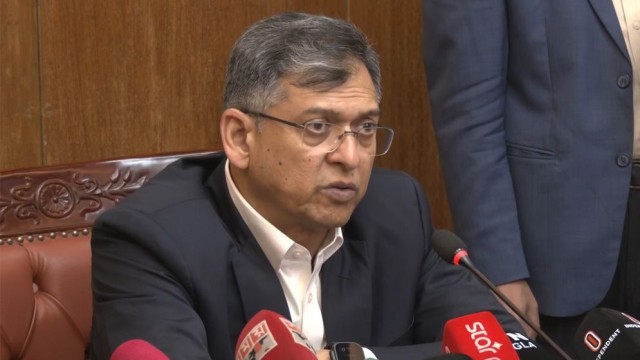
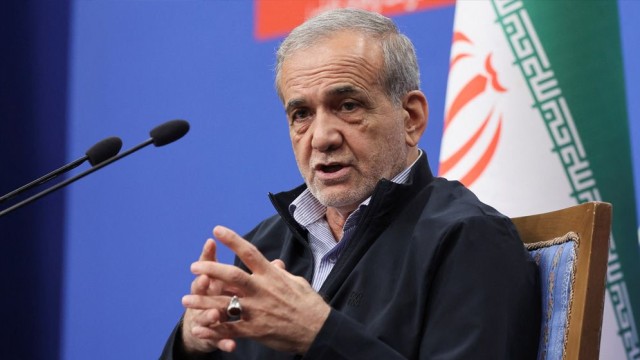










Comment: